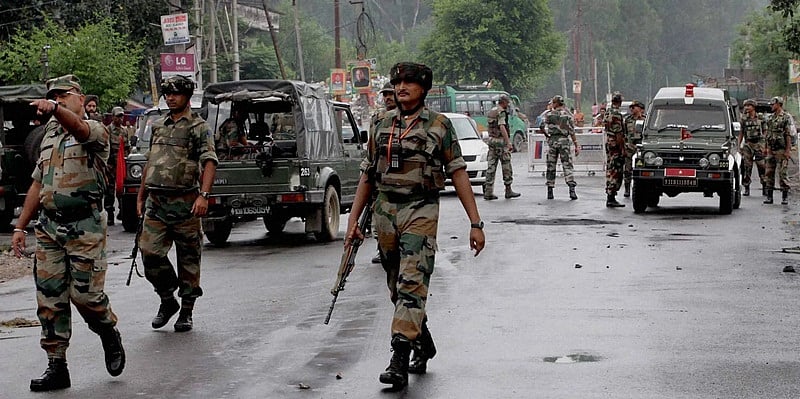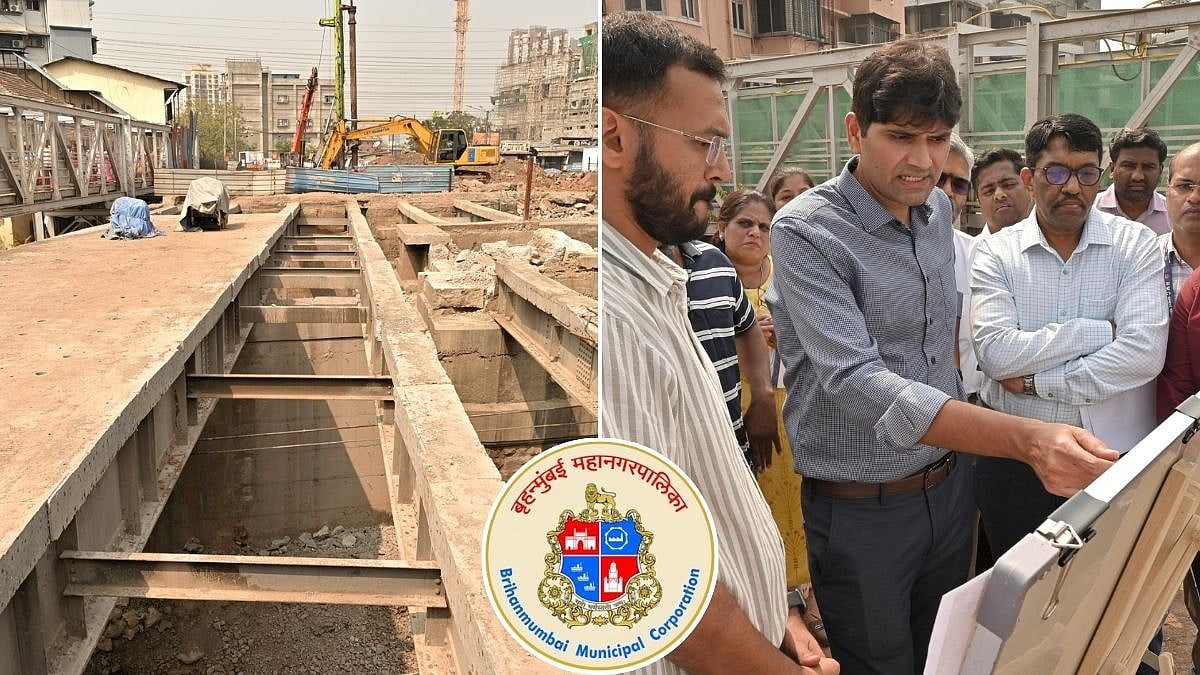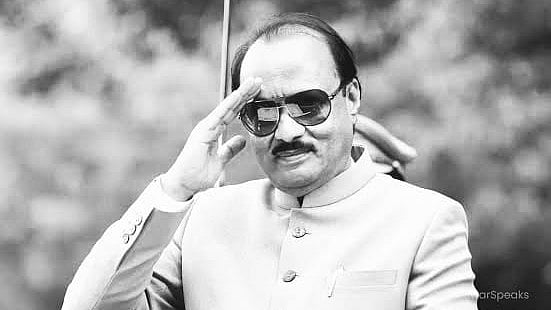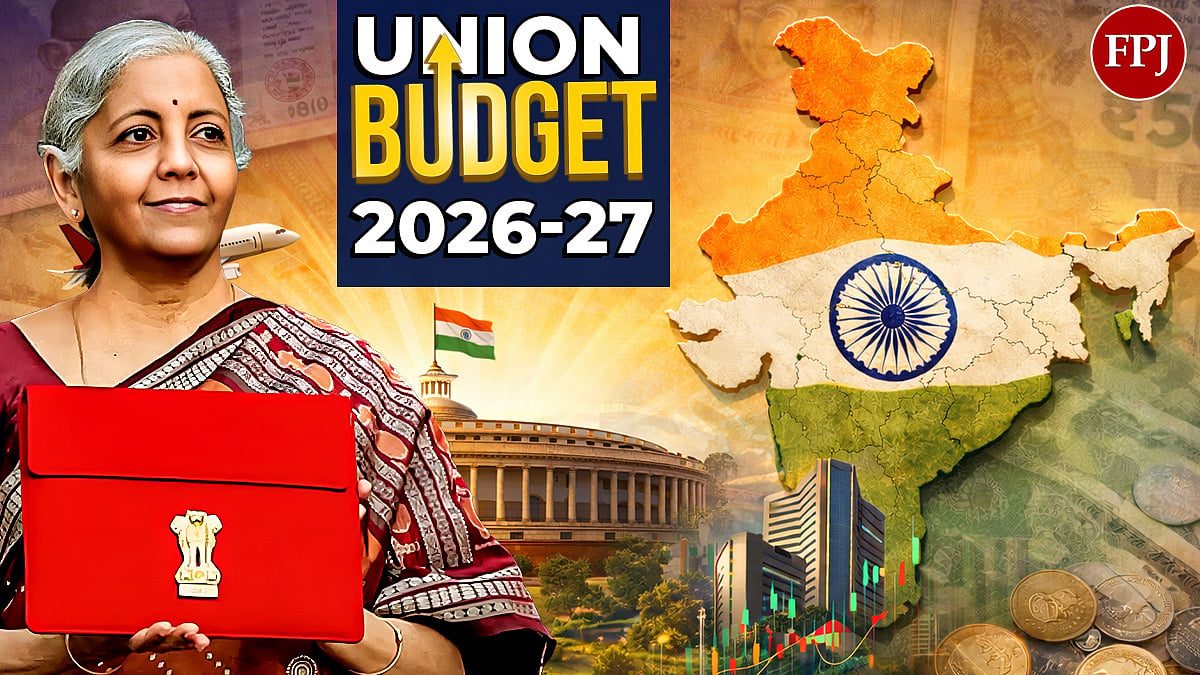That the controversial Armed Forces Special Powers Act (AFSPA) was mentioned in the Congress election manifesto is a good sign for Indian democracy. These are issues that need informed debate. It was brave of the Congress to mention a review of AFSPA.
More so because the party is on the back- foot on national security. The BJP has always dubbed the Congress as soft on terror. The ruling party is not fighting the elections on its five year record. The 2014 tag line of development for all is passé. The buzz word now is nationalism and national security.
Seizing the opportunity offered by the outrage in India, at the Pulwama terror strike, where 42 CRPF soldiers were killed, and the subsequent retaliatory air strikes in Balakot, Prime Minster Narendra Modi and BJP president Amit Shah has brought Pakistan and national security to the centre stage in its election campaign.
Any criticism of the government policy, (it’s dismal failure to take note of intelligence reports) is now being projected by the party as anti-armed forces and anti-national. At the heart of the BJP’s 2019 campaign, is the message that only a strong leader like Modi can take care of India’s security and keep the country safe and united as well as show decisive leadership.
After all never had India in the past crossed the LoC and struck deep inside Pakistan at an alleged Jaish-e-Mohammed terror camp in Balakot. Prime Minister himself had said at an election meeting that “we have gone inside their home and hit them.” In such an atmosphere of hyper nationalism, even mentioning not scrapping but review of AFSPA is sacrilege, considering that the armed forces are against any dilution of the act.
The Act is enforced only in areas where there is armed insurgency. The state or district first has to be declared “disturbed” for the act to kick in. The Act gives security forces unprecedented powers to search, arrest and shoot suspects in areas battling militancy. The AFSPA operates in the north eastern states and in Jammu and Kashmir. Wherever it does, allegations of human rights violation is common.
The army says that the soldiers are placed in incredibly tough situations when the local population often side with insurgents. AFSPA helps them to operate in strife torn areas without worrying every second about being dragged into civil courts by litigants.
However in 2016, the Supreme Court ruled that the armed forces cannot escape investigation for excesses committed in the discharge of their duties even in “disturbed areas” where AFSPA is in force. The apex court was hearing a petition demanding an enquiry into 1,528 deaths in counter insurgency operations in Manipur.
The army is opposed to this and say military courts can take up the matter and justice would be done. However it requires incredible patience and pain staking efforts for people to present their case against the armed forces. Civil society has to be very strong and that is not always possible, especially when federal governments in India are against them and bracket them as pro insurgents or pro terrorists.
The Armed Forces Special Powers Act is a relic from the past. It was first promulgated by the British on August 1942, to suppress the Quit India movement, called by the Congress leadership. Soon after independence India faced a major internal threat with Naga’s in the northeast wanted to breakaway and declare independence.
Responding to the armed threat from armed Naga’s Delhi declared the entire area as “disturbed” and deployed the security forces to deal with the situation which was way beyond the capacity of the police. Parliament passed the Armed Forces Special Powers Act (Assam/Manipur) in 1958 for the first time. In the late 70’s and 80’s when insurgency was widespread in other areas of the north east, the AFSP act was extended to those areas to help the army to operate without hindrance.
During the Khalistan movement in Punjab from 1983-1997, AFSPA was used to deal with the internal crisis. After 14 years when the Khalistan movement was crushed and the security forces were back to their barracks AFSPA was no longer required. Since 1990 when trouble began in the Kashmir valley and the Indian army was sent in, AFSPA has been in force.
Tripura went through a troubled period in the early 80’s when the state was declared disturbed and the security forces sent in. But in November 2016, the Left Front government of the state removed AFSPA. Mizoram is today one of the most peaceful states in the north east, yet the act is still in force.
It was useful when the army was fighting the Mizo insurgents who tried to again break away from India. Today it is not needed. The case for scrapping AFSPA is strong, and the UN has twice requested the Indian government to scrap it. A review would be much welcome. These things need to be discussed in a democracy.
Human rights have a special place in a democracy and has to be respected. As the Supreme Court ruled in 2016 : “ It does not matter whether the victim was a common person or a militant or a terrorist, nor does it matter whether the aggressor was a common person or the state. The law is the same for both and is equally applicable to both… This is the requirement of a democracy and the requirement of preservation of the rule of law and the preservation of individual liberties.’’
The writer is a senior journalist with expertise in foreign policy and international affairs.









